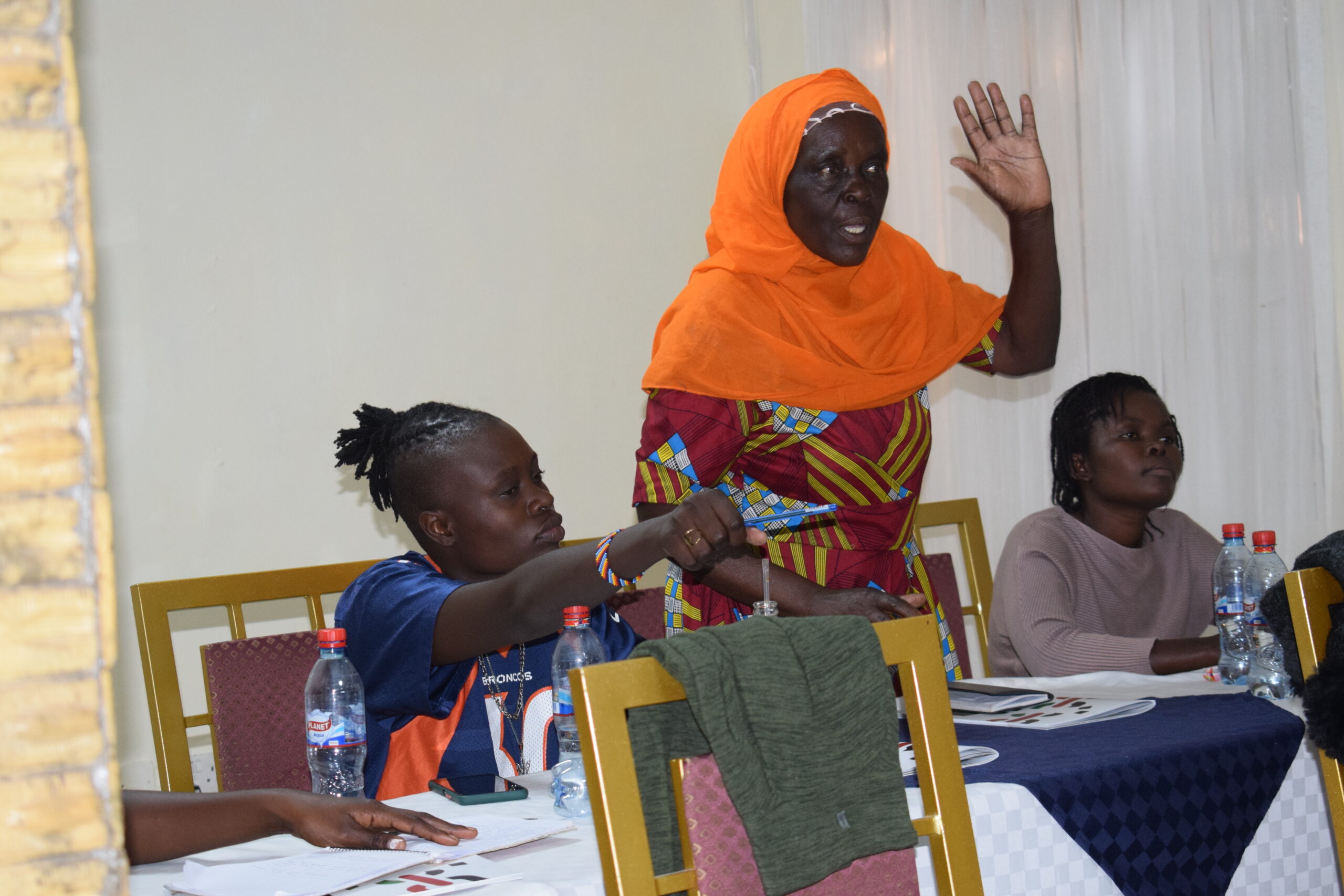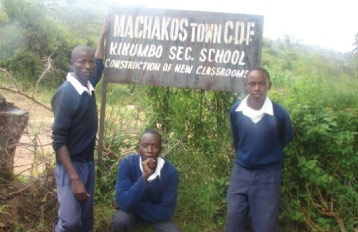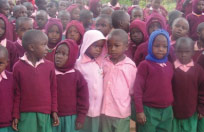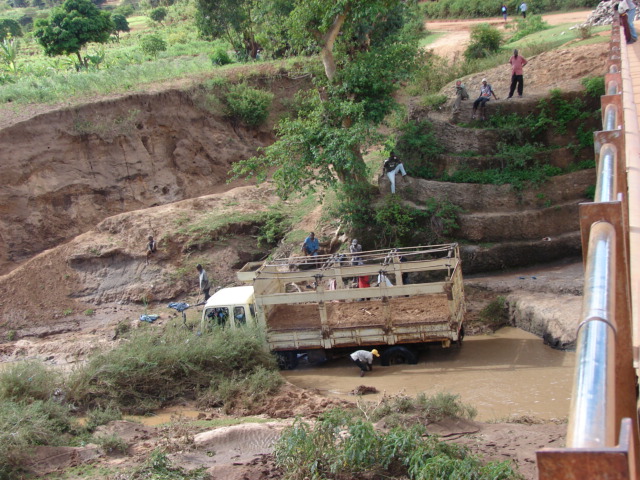The Problem
Despite the civic space in Kenya being hailed as one of the most vibrant in East and Southern Africa, the space is still classified as obstructed by the Civicus Monitor. This means that Civic space is heavily contested by power holders, who impose a combination of legal and practical constraints on the full enjoyment of fundamental rights. The state authorities undermine them, including through the use of illegal surveillance, bureaucratic harassment, freezing of bank accounts, arrests of leaders, threats of cancellation of work permits and demeaning public statements. The state has used a number of laws to put barriers for meaningful enjoyment of the rights enshrined in the constitution. Various laws have been used to disfranchise the sector players including and not limited to Public Order Act, Anti Money laundering, Securities and other plethora of laws inherited from the colonial government. The government has failed to commence the much progressive PBO Act of 2013 and have continued to use the old NGO Act of 1990. Although the commencement of the PBO Act will not address all hurdles barring an enabling environment for the sector, it will go a long way in easing the registration of the sector players and giving them a legal framework to organize for a self-regulation under the PBO federation.
The current civic space status have curtailed the ability of citizens and their organizations (CSOs and all other voluntary organizations working for the public good) to organize in open and voluntary spaces and associate freely as citizens and act for the common good, to mobilize resources and manpower to fulfill the objectives of their organizations, their ability to form, articulate and share opinions, easy access to information, freedom to associate with other organizations and participate actively in public debate. Civil society organizations (CSOs) cannot engage meaningfully in governance processes when these enabling elements of civic engagement are compromised. In any given country context, a key set of external conditions can influence these enabling elements: the legal and regulatory framework, political and institutional features, socio – cultural characteristics, and the economic environment.[1]
The Intervention
- Carry out a contextual Analysis of the democratic space in the country (legal, political, social and economic factors that affect the democratic space in Kenya) and identify key actionable recommendations to the challenges identified.
- Carry out sensitization and advocacy forums in selected counties and highlight the democratic/civic space issues in respective counties.
- Take advocacy action on the Compendium of Civic Space Laws while working with the Attorney General’s office, Kenya Law Reform Commission and other key policy actors to propose repeal, amendment and/or implementation of some of the laws.
The Expected Outcomes
- Complete publication on democratic space in specific counties in Kenya with clear recommendations to each issue identified by the civil society actors
- Increased awareness and engagements by county level CSOs on democratic/civic space issues
- Increased responsiveness by the state/policy actors on civic space laws/policies
The Target Location
Mombasa; Nakuru; Kisumu; Isiolo; Makueni; and Turkana, and is supported by Aga Khan Foundation, Kenya.
[1] Situation Analysis: Enabling Environment for Local Philanthropy and Safeguarding Civic Space in Kenya report Sept 2021





